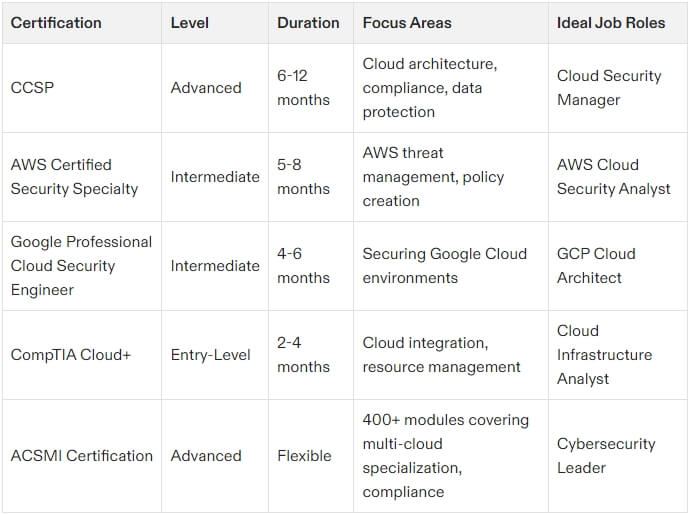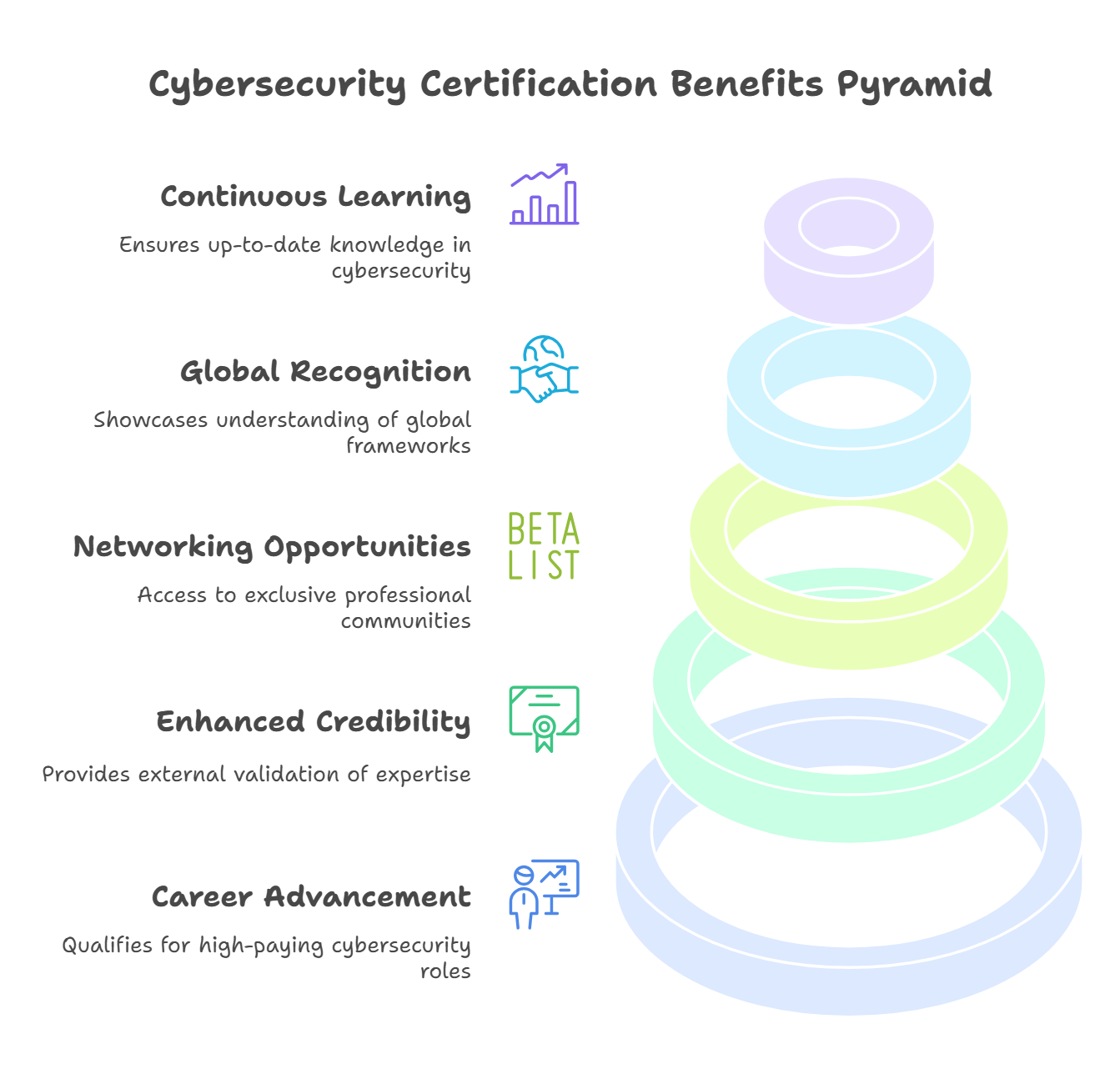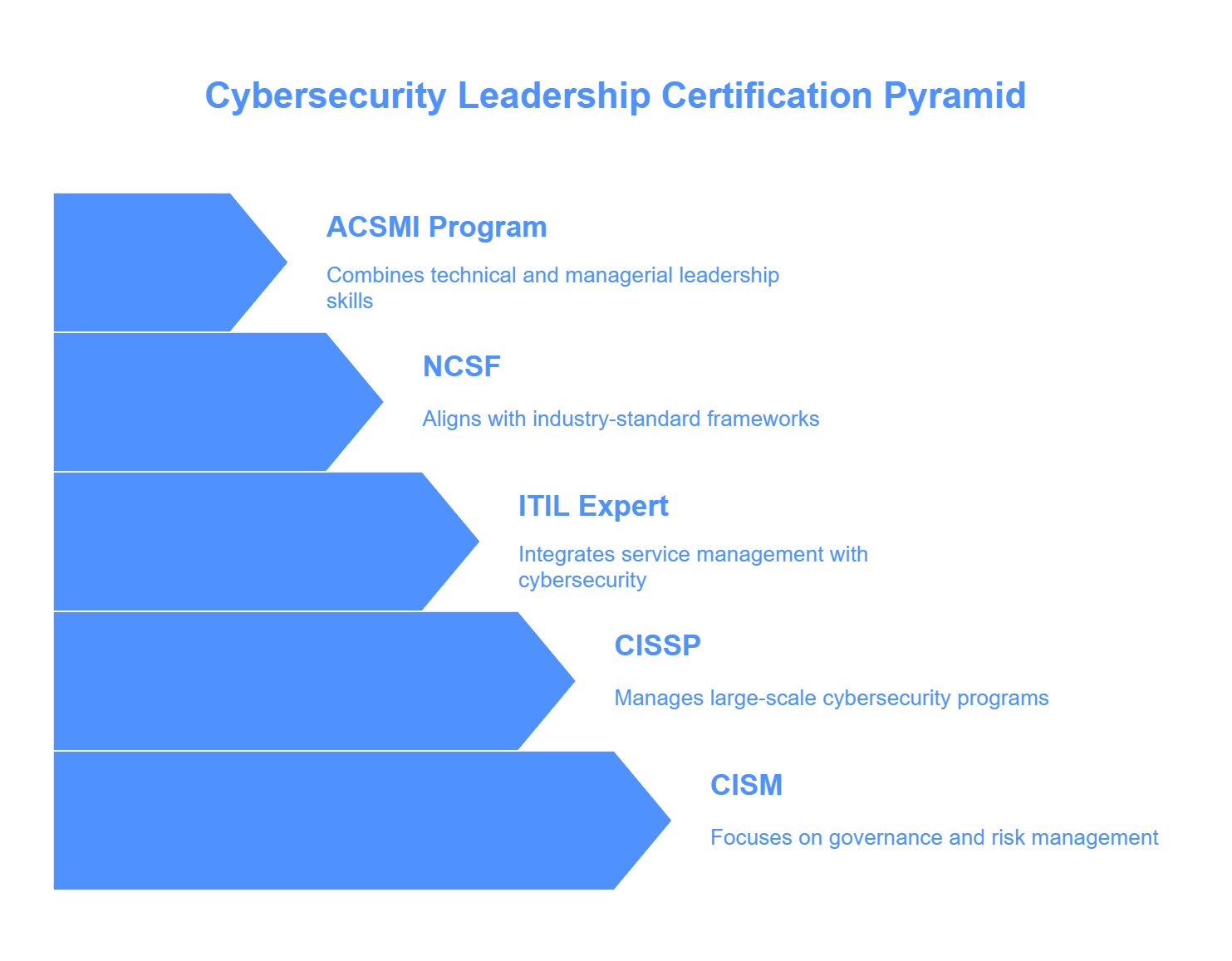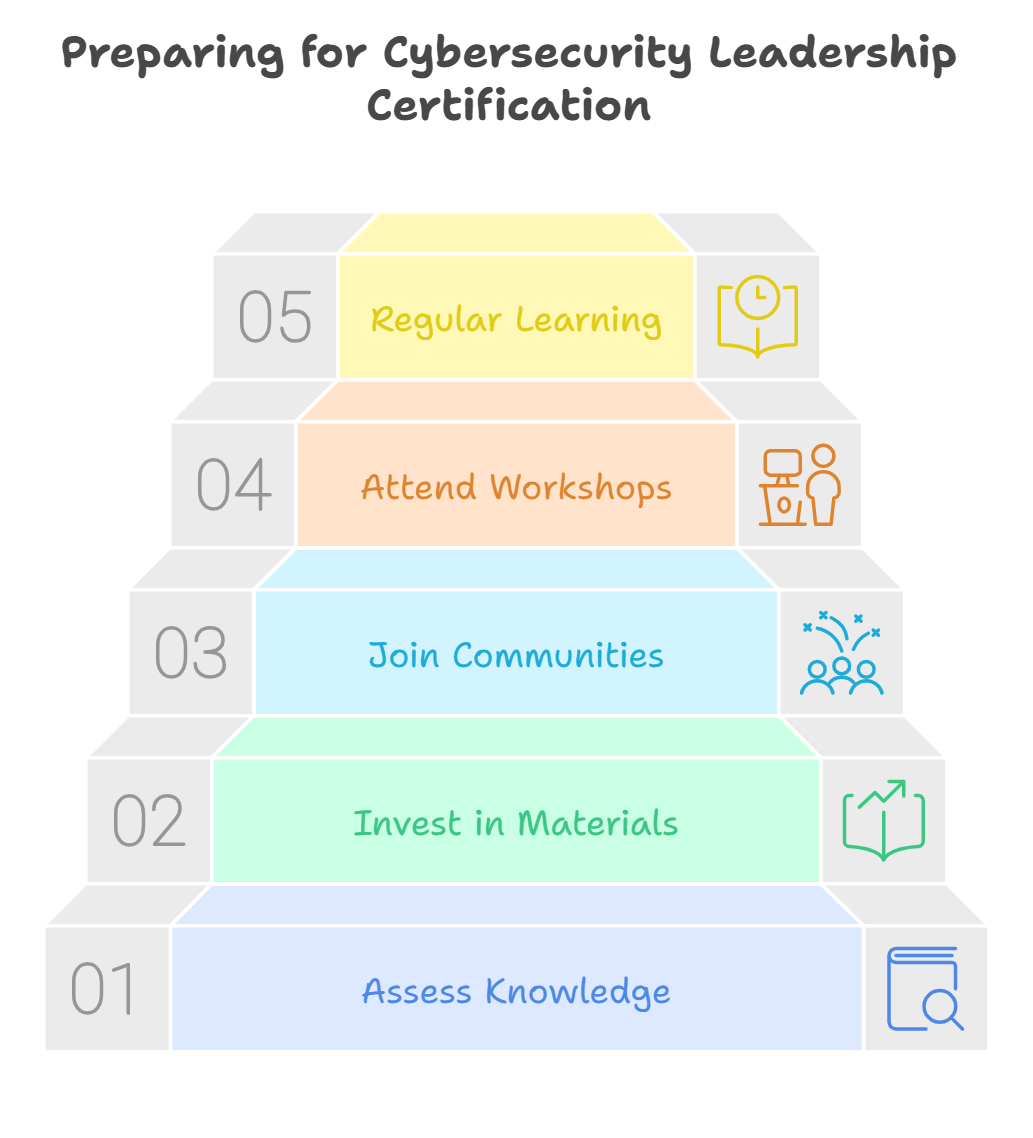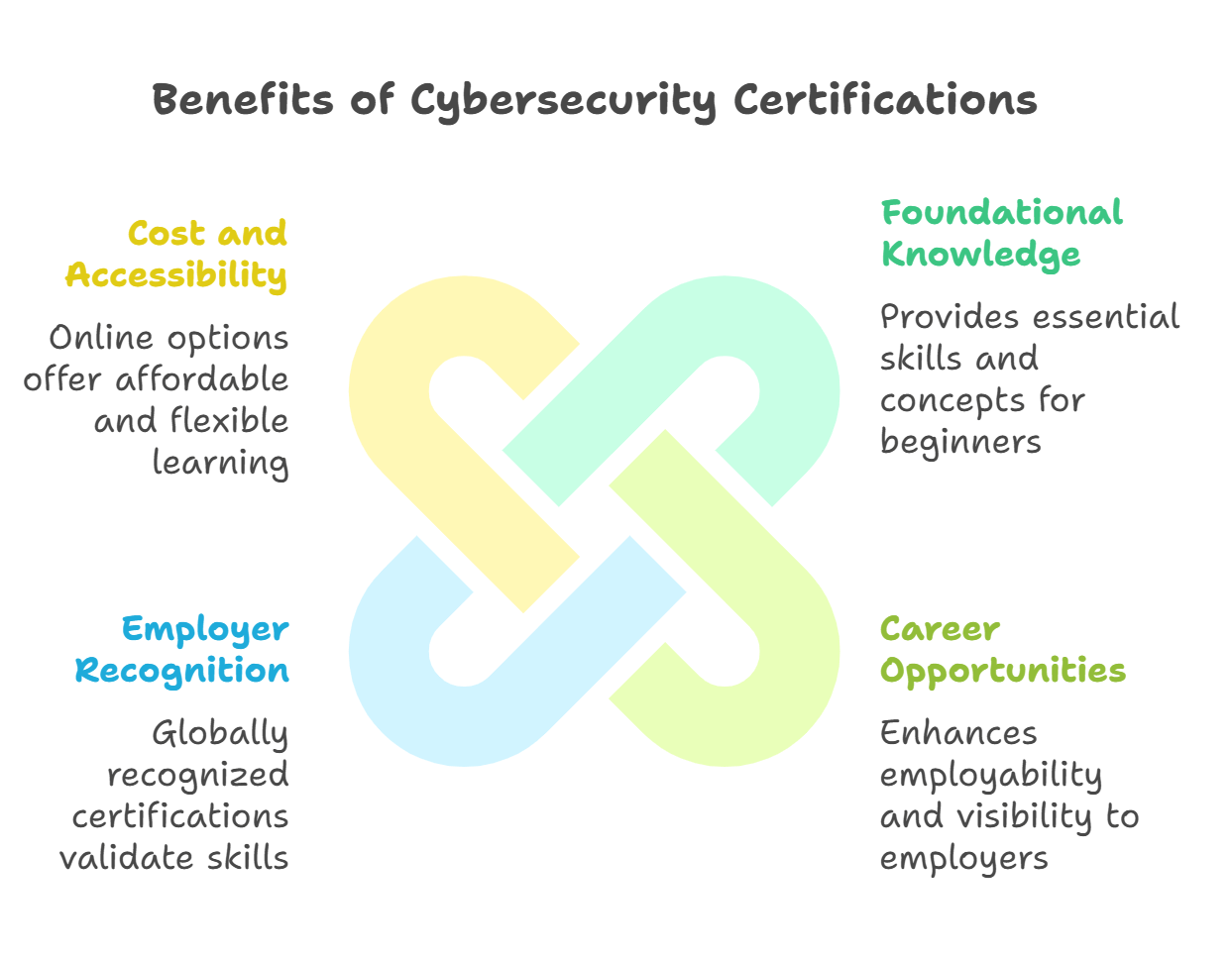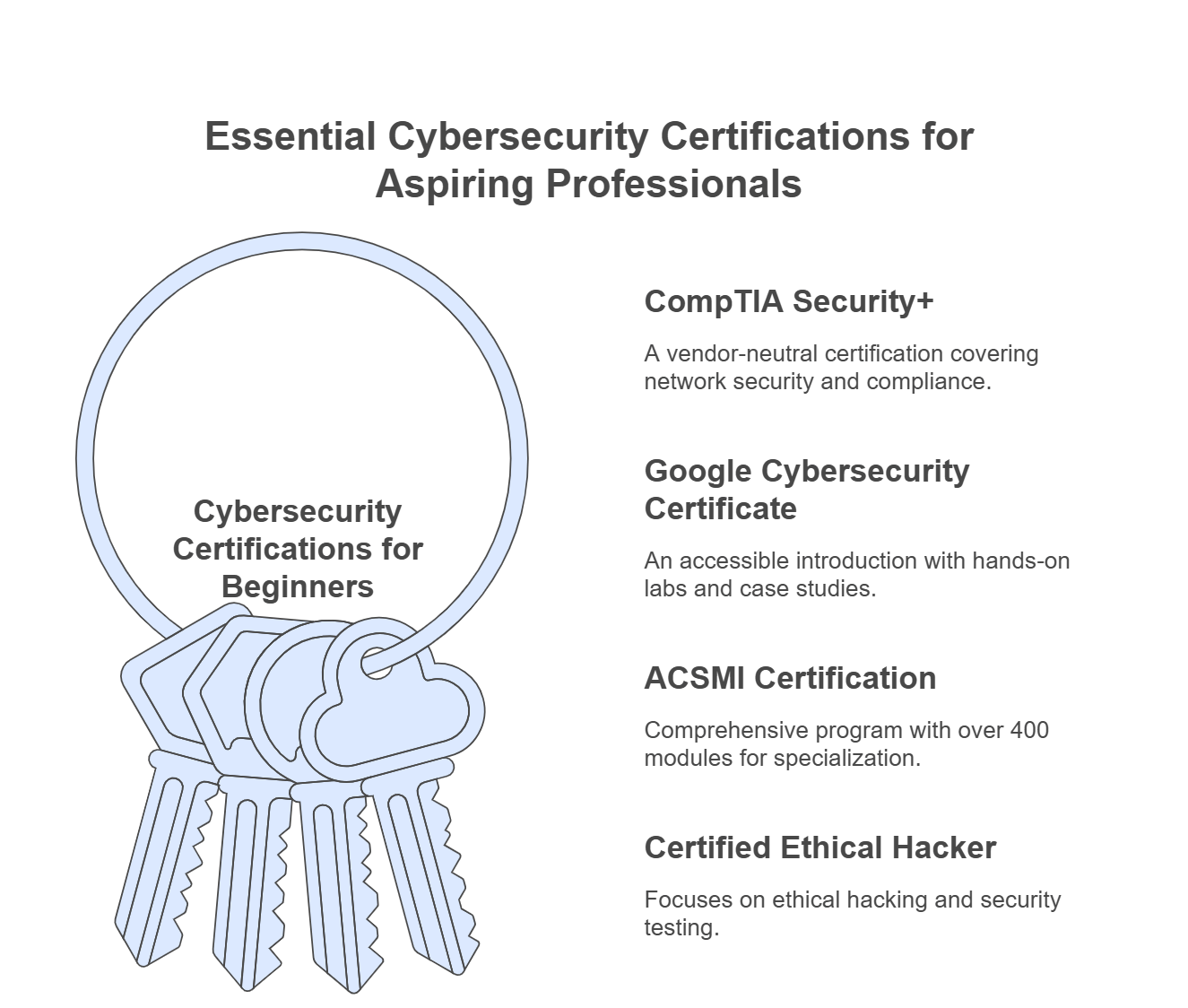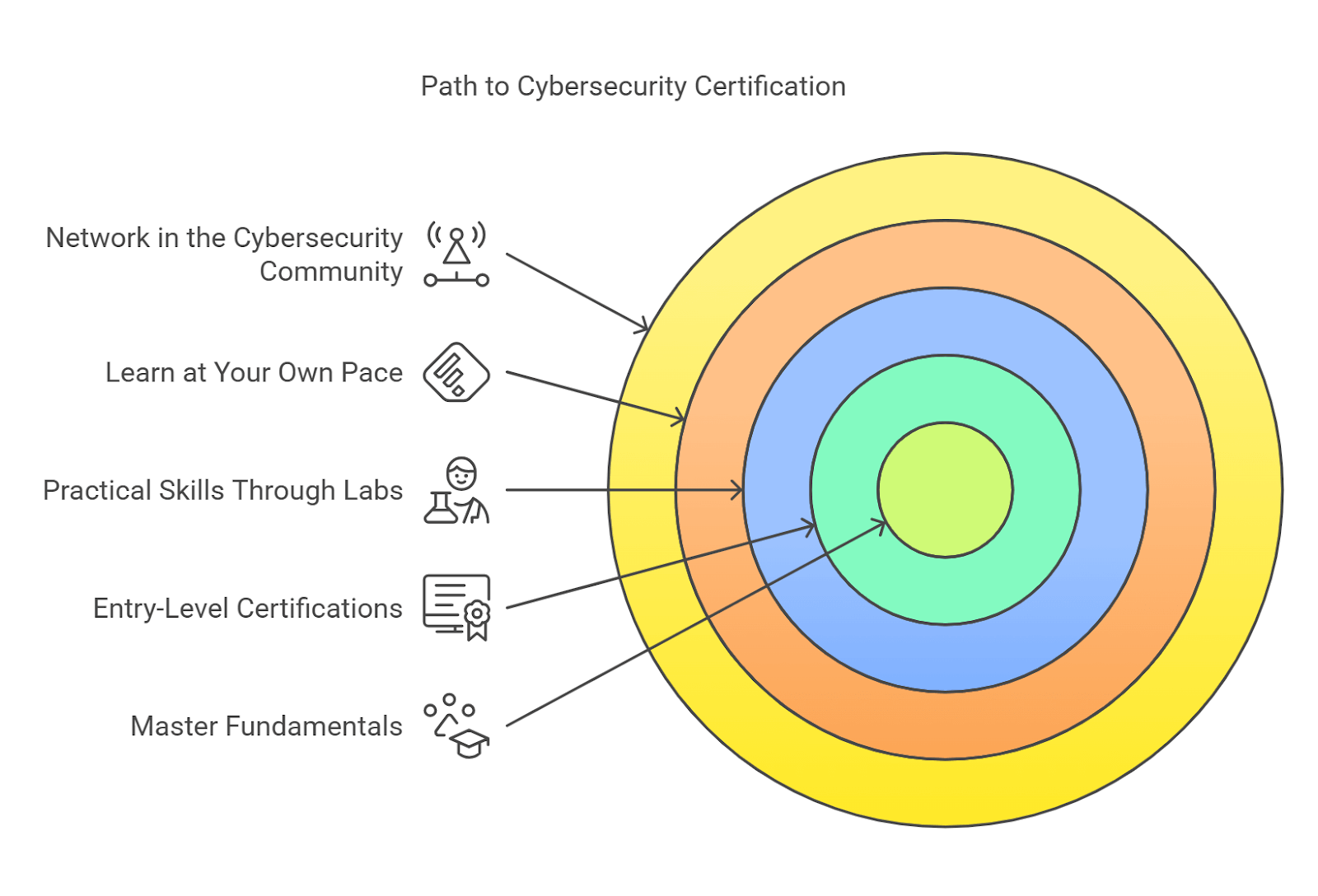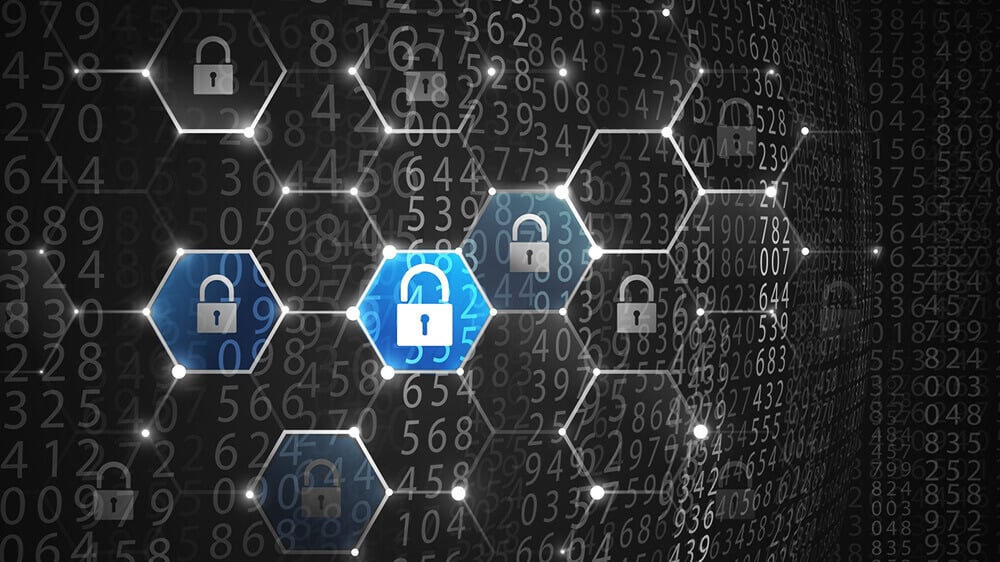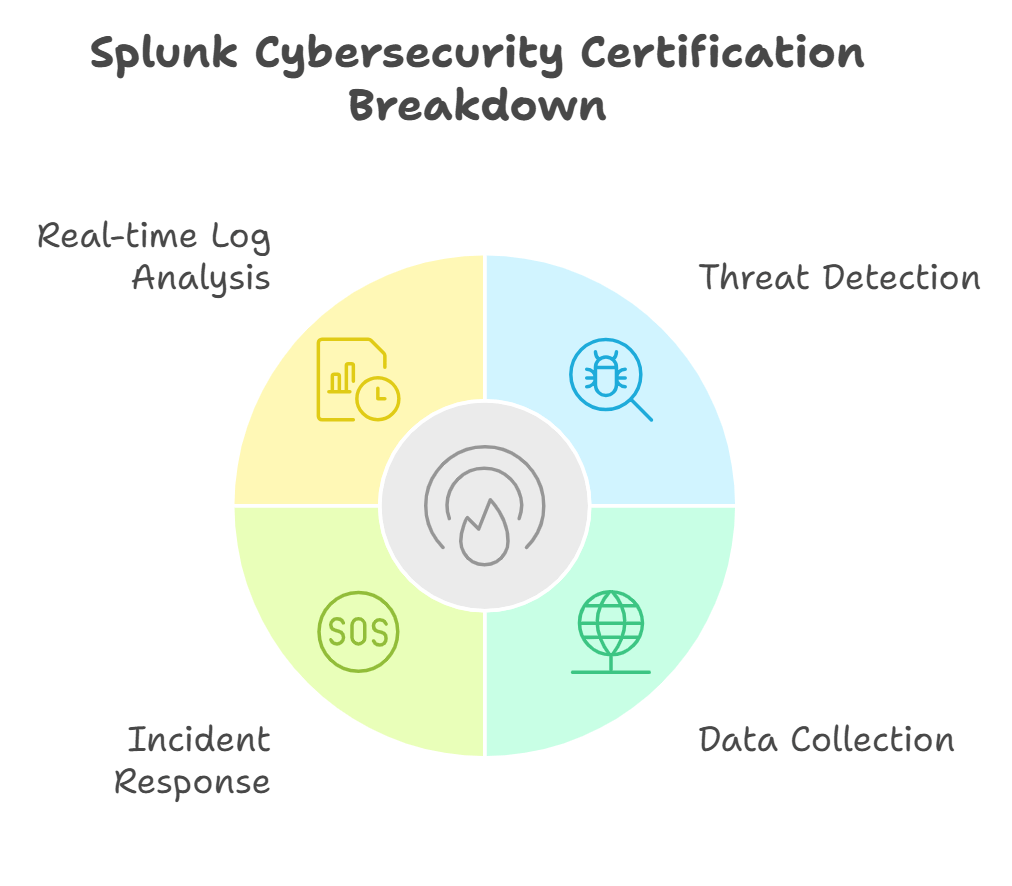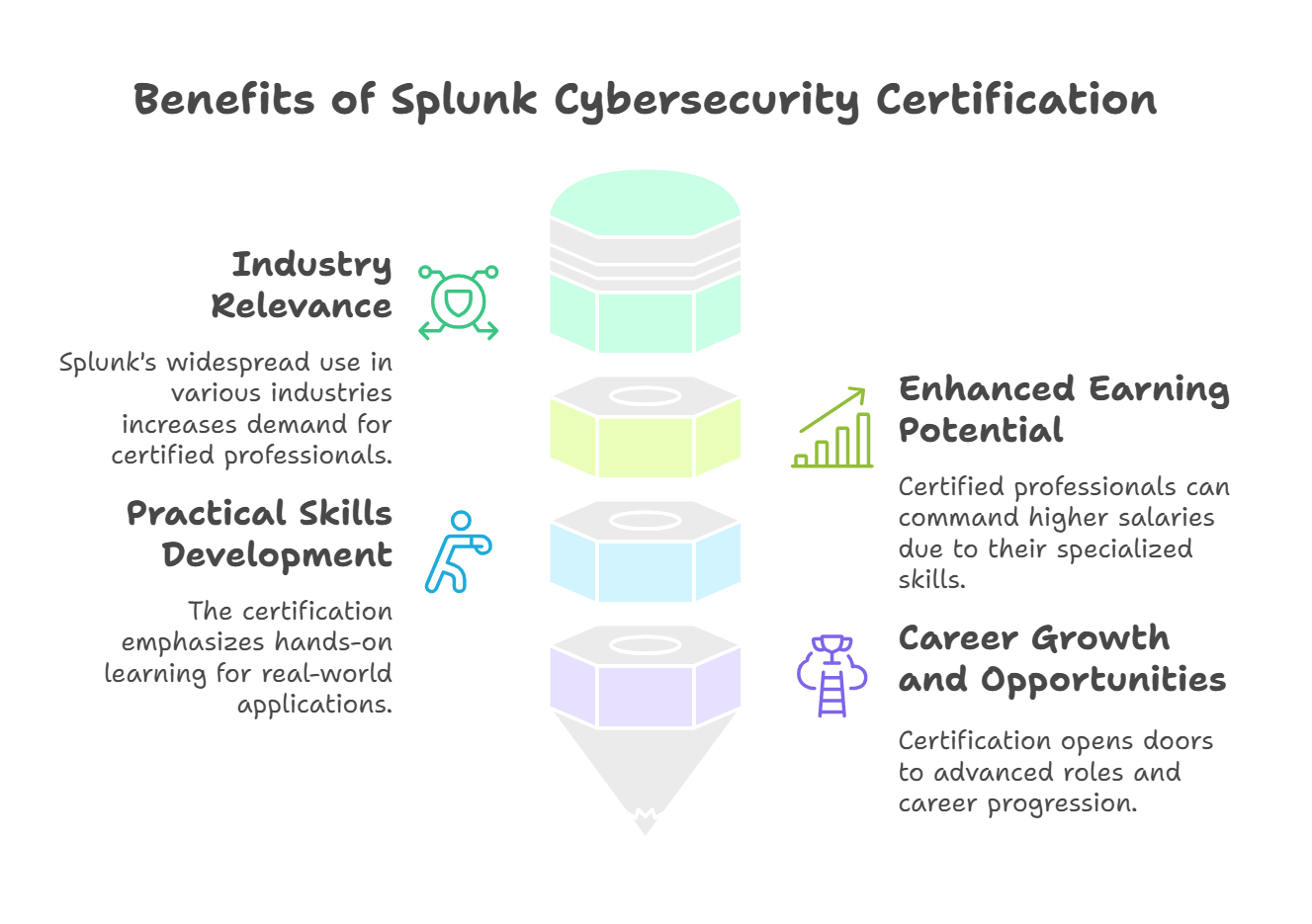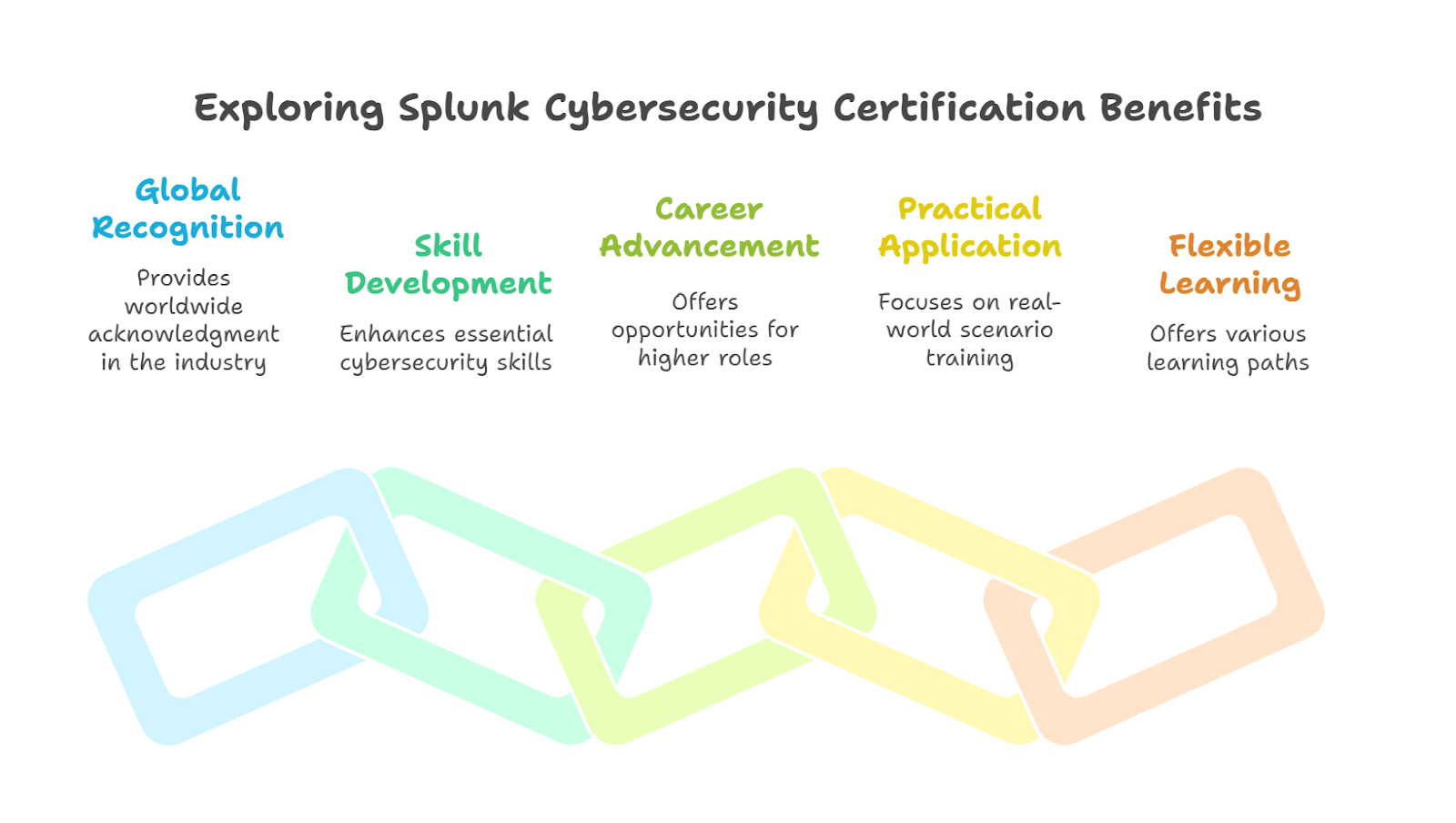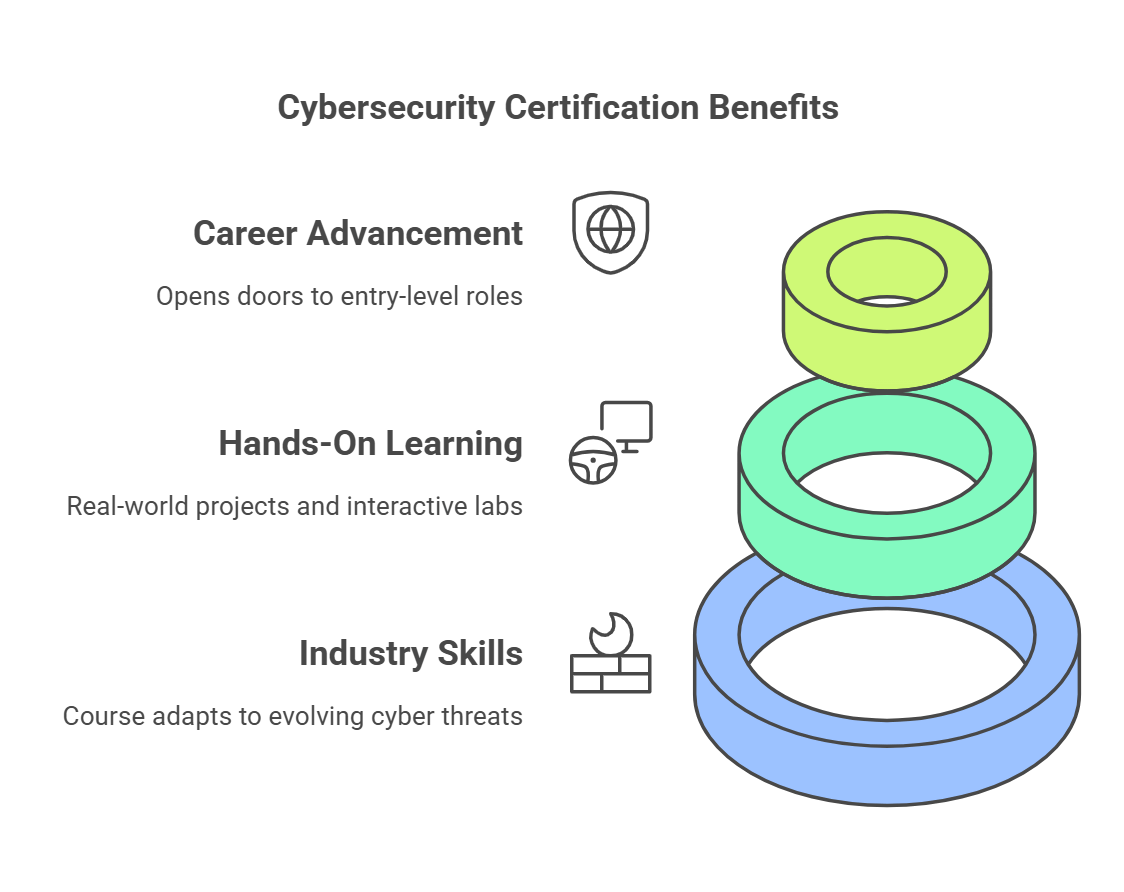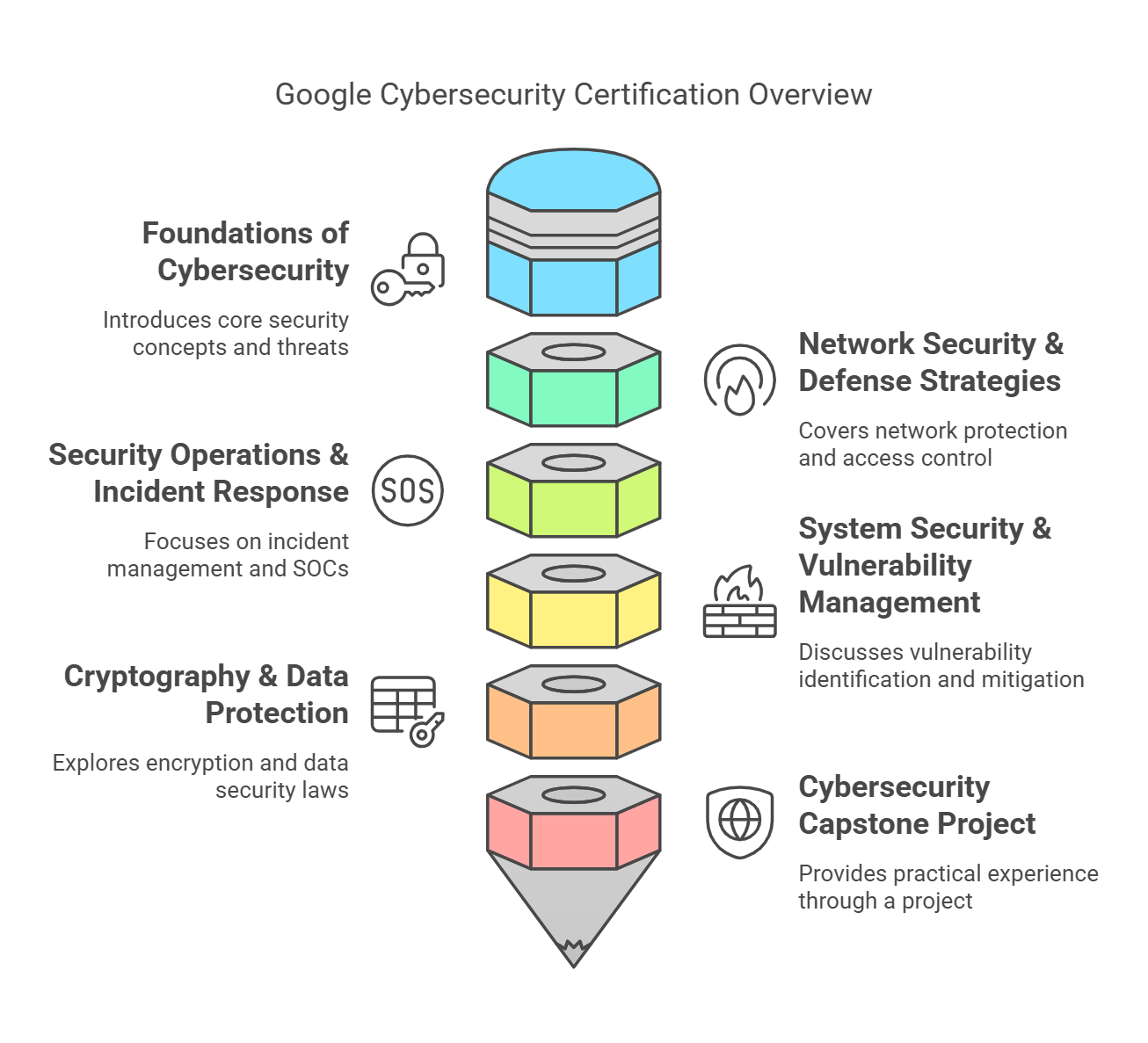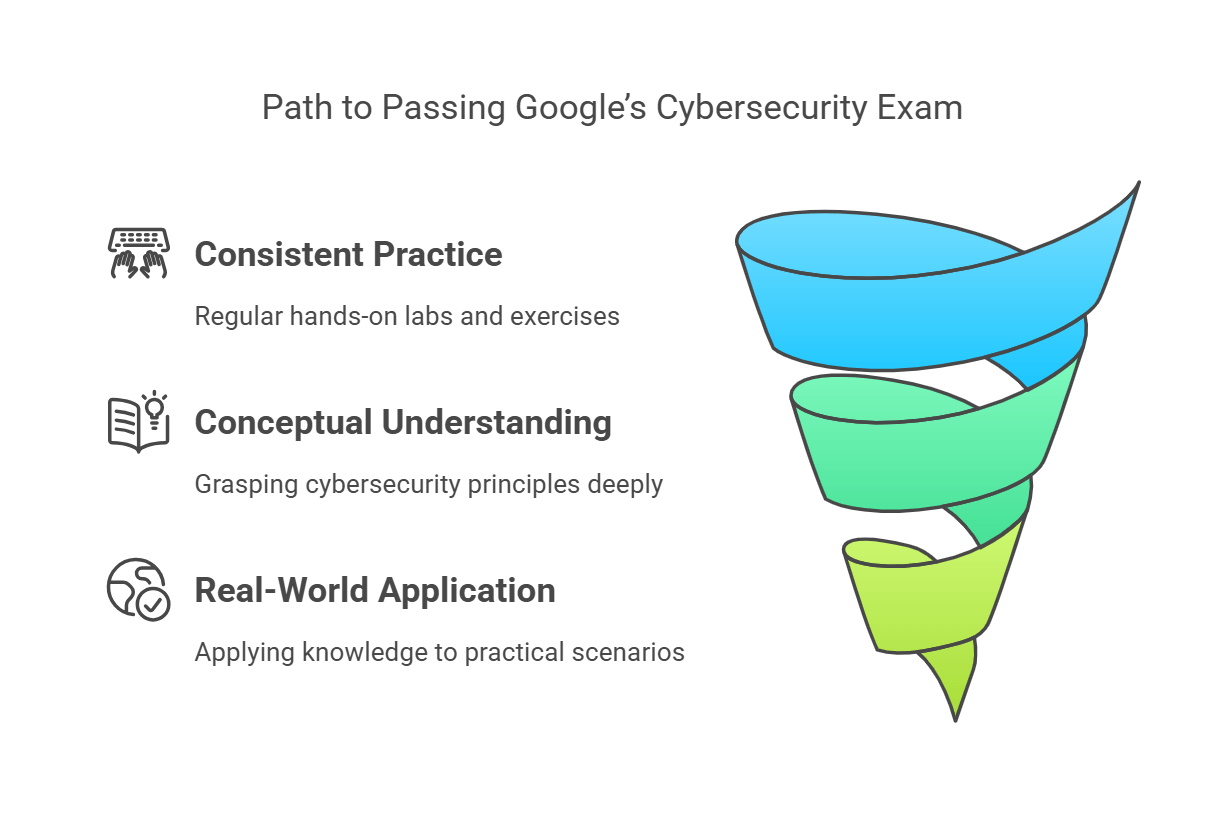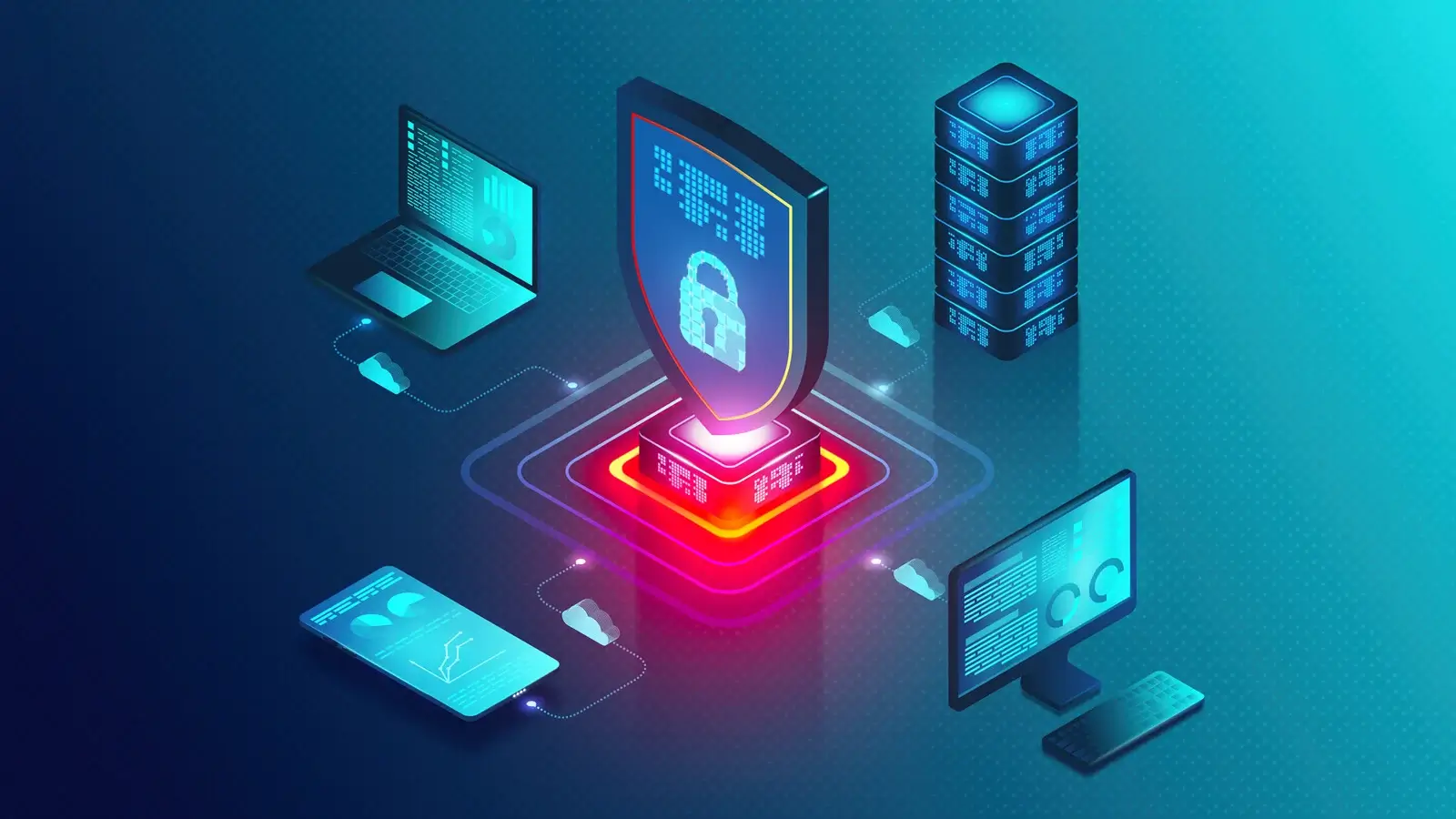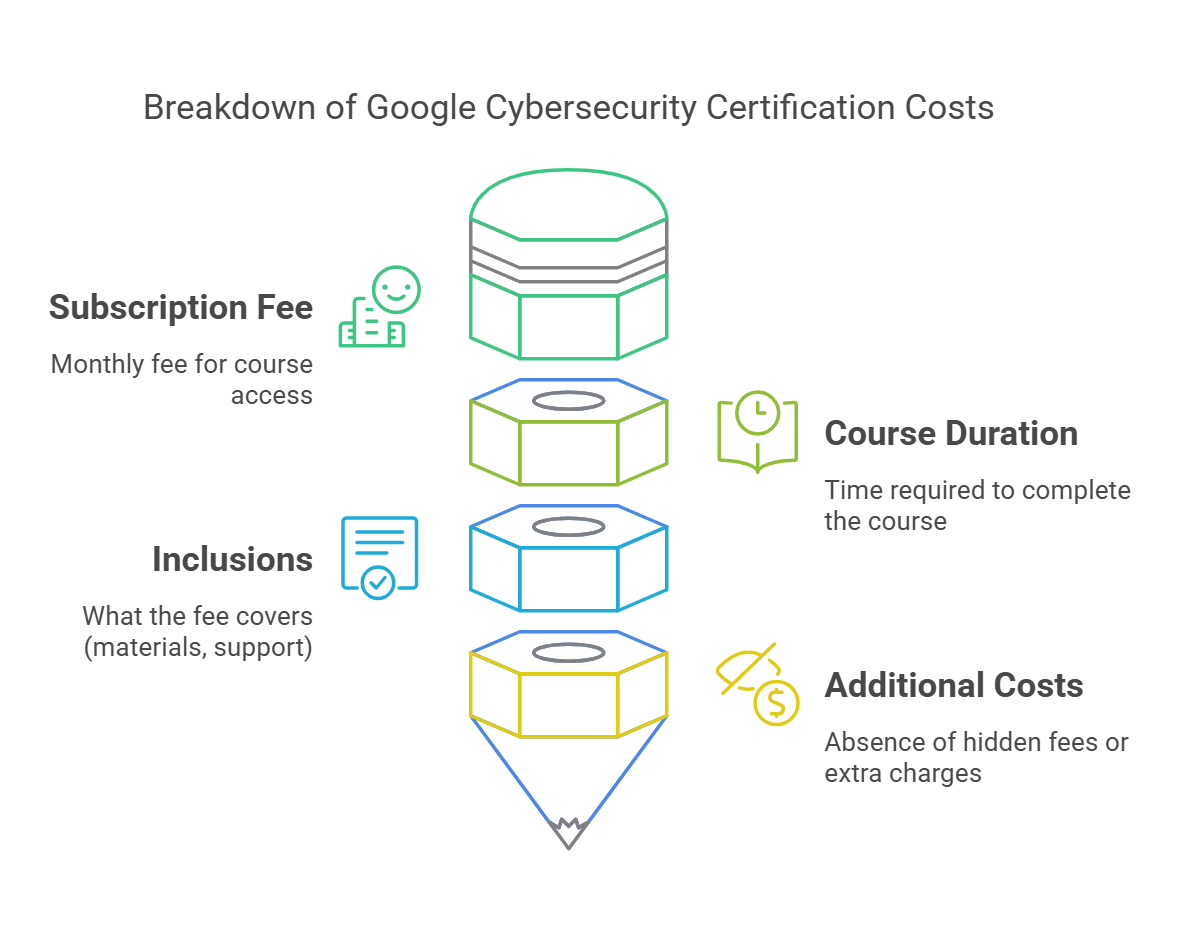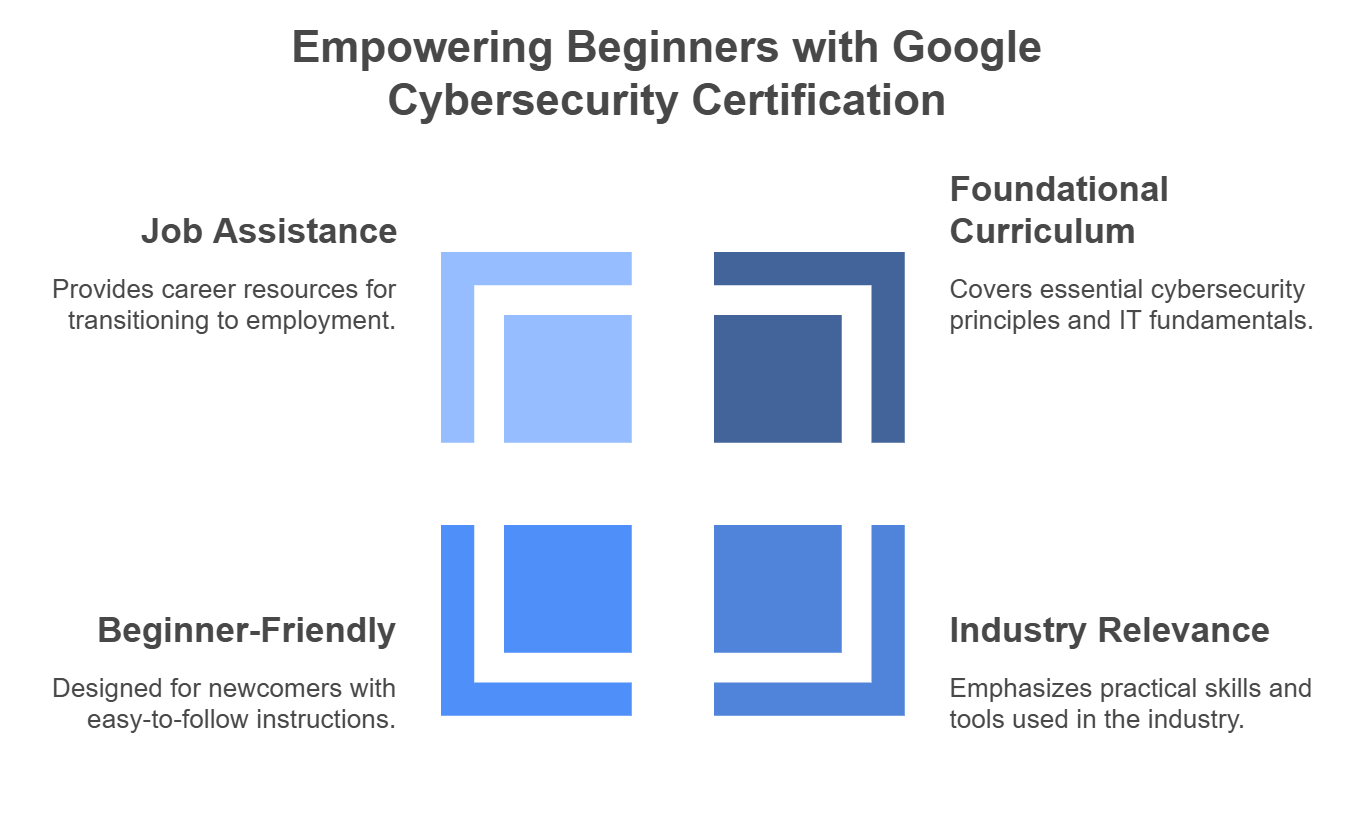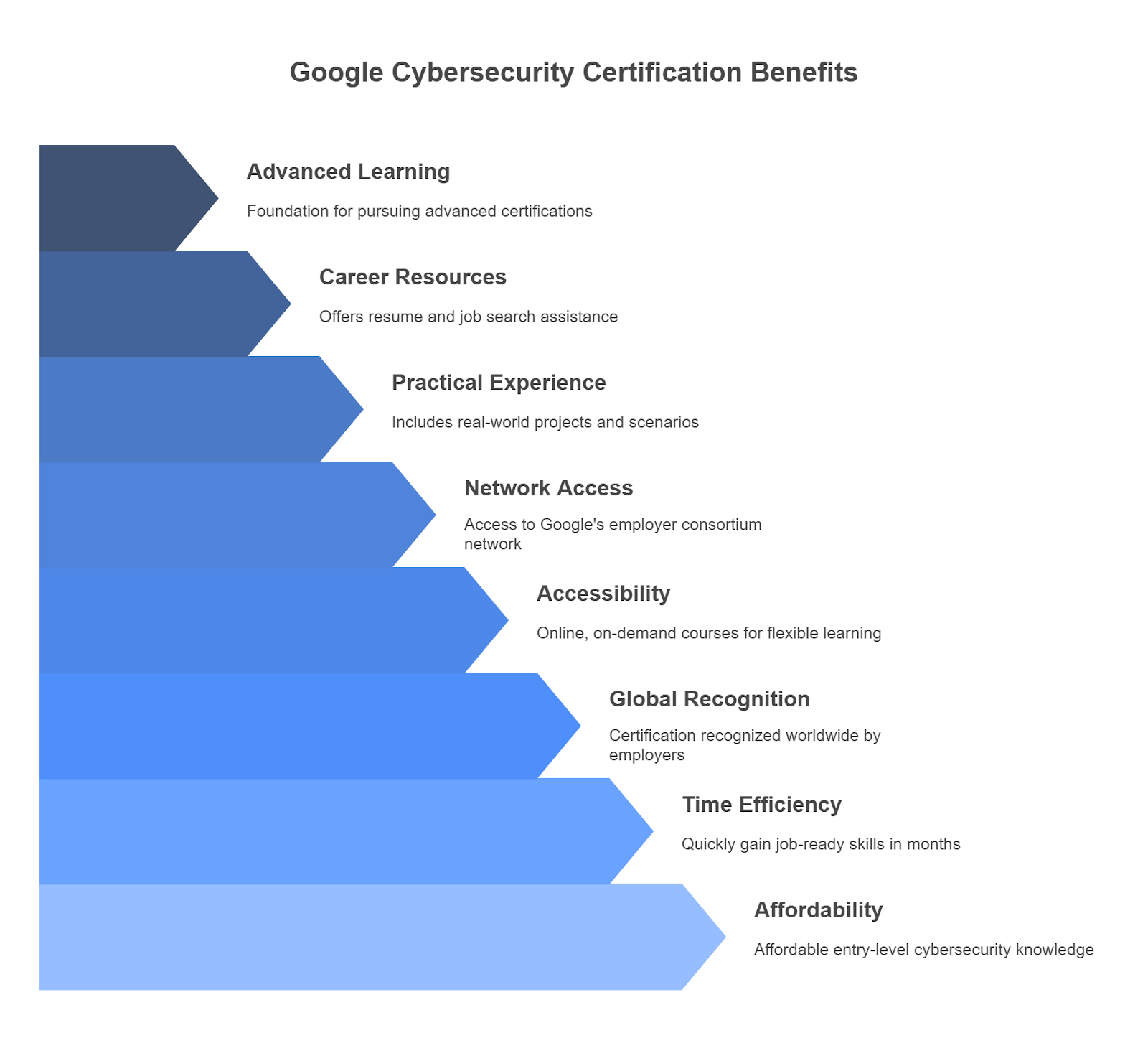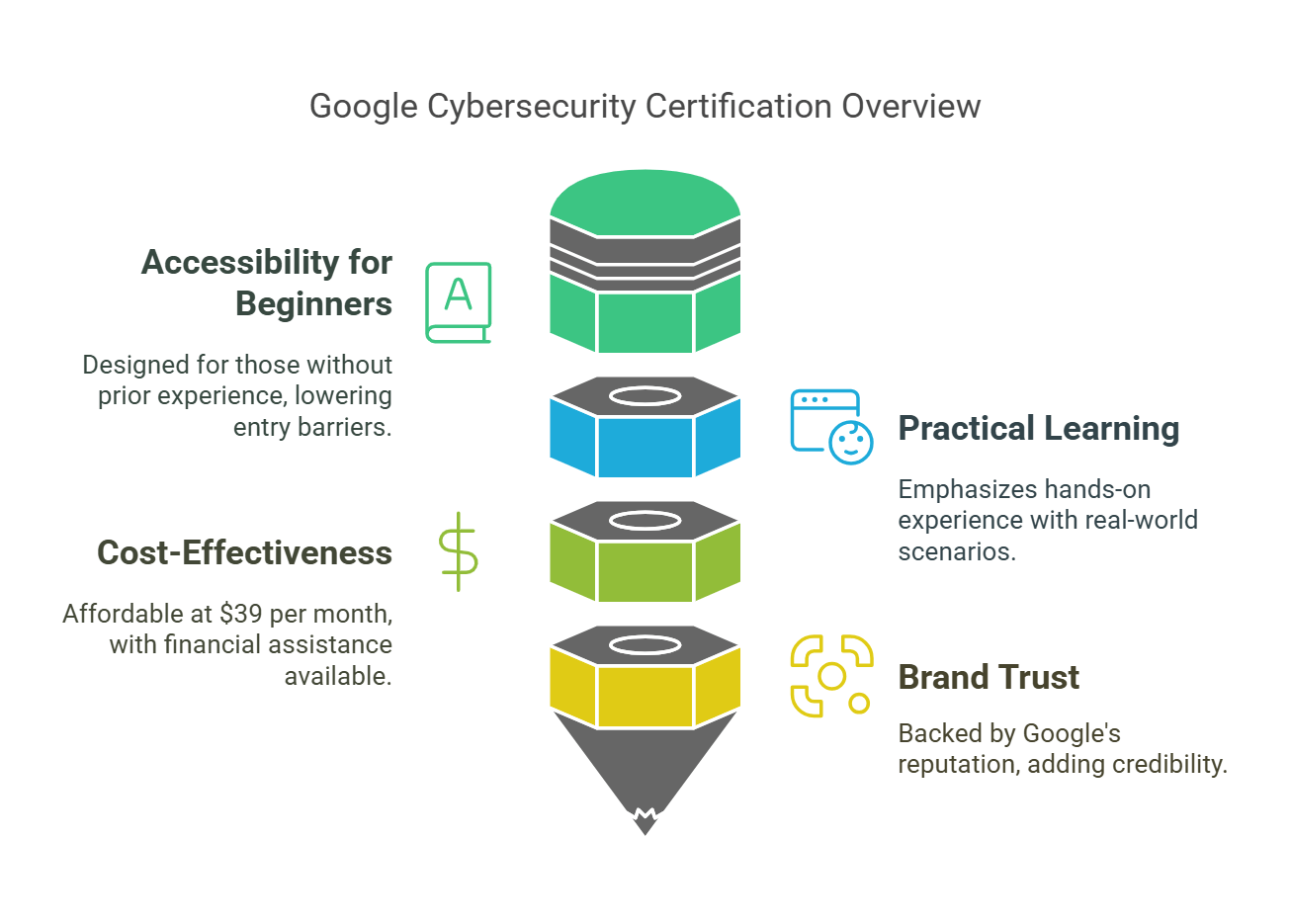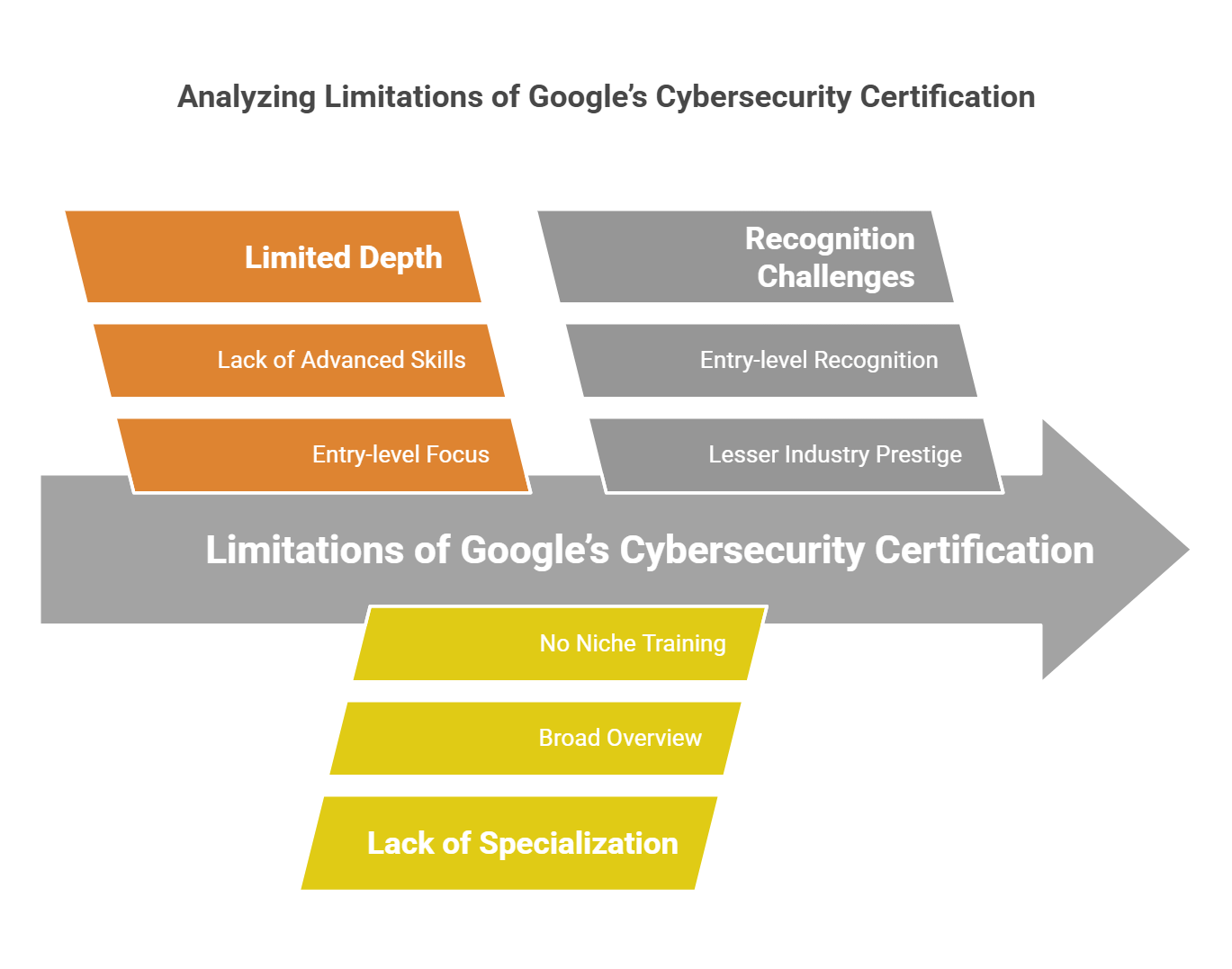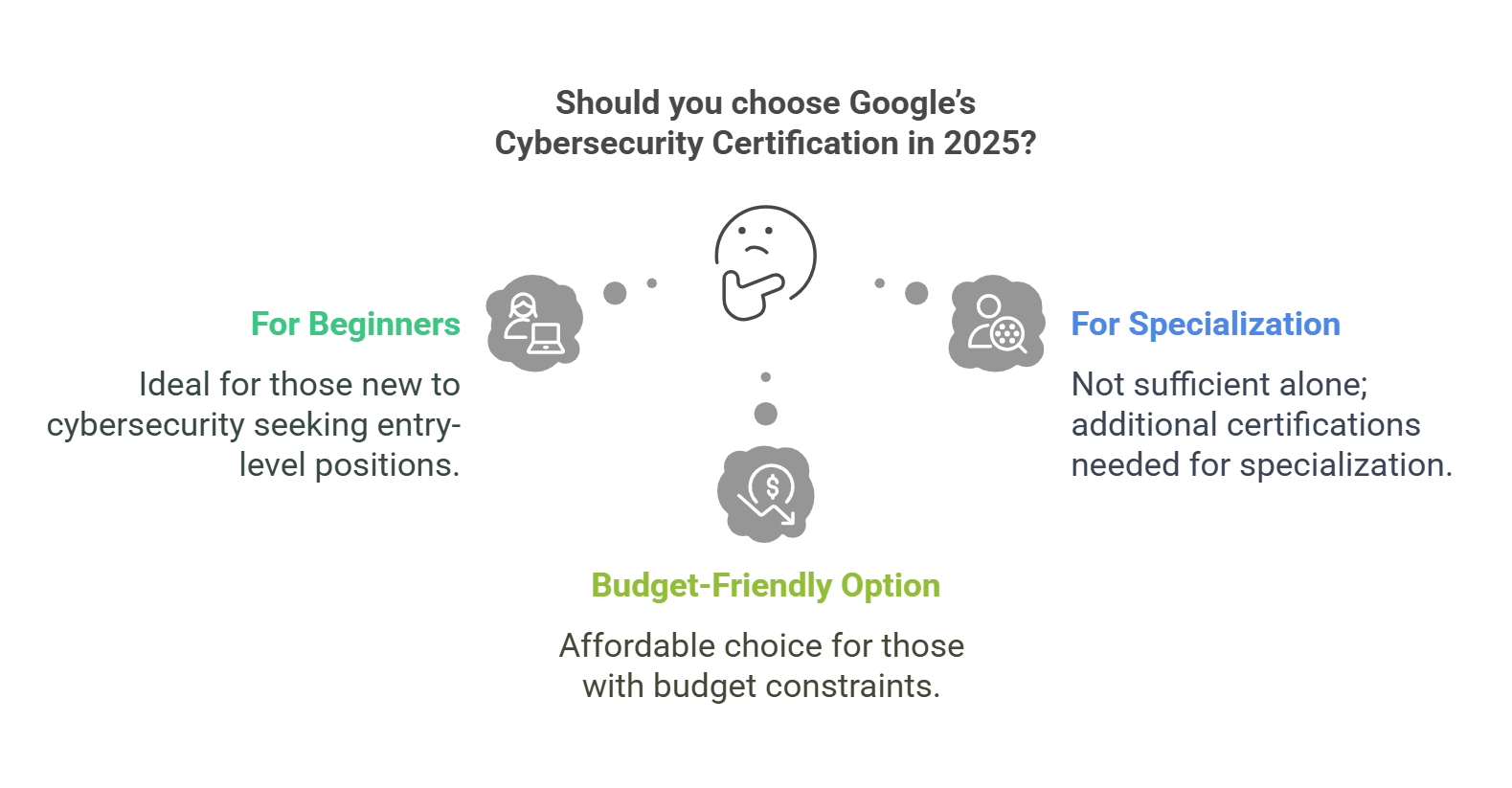Table of Contents
Cloud computing has revolutionized the way businesses operate, but it has also introduced new vulnerabilities, creating an urgent need for skilled professionals in cloud cybersecurity. These specialists ensure data integrity, secure cloud infrastructures, and protect against rapidly evolving threats. Whether you’re just beginning your cybersecurity career or looking to upskill, earning a Cloud Cybersecurity Certification has become a critical step. It not only validates your expertise but also opens pathways to high-demand, lucrative roles in an industry projected to grow significantly in the coming years.
Why Pursue Cloud Cybersecurity Certification?
The demand for cybersecurity professionals with expertise in cloud security is skyrocketing as organizations continue migrating their operations to the cloud. A Cloud Cybersecurity Certification equips you with skills to mitigate risks associated with cloud adoption and implement robust security frameworks. Here’s why earning this certification is essential for career success.
1. High-Demand Skill Set
Cloud security is no longer optional—it’s a business imperative. Data breaches, ransomware attacks, and compliance challenges make cloud cybersecurity professionals indispensable. Certifications give you the knowledge to stay ahead of threats and prove your technical proficiency to current or potential employers.
2. Lucrative Career Opportunities
Earning a Cloud Cybersecurity Certification can significantly boost your earning potential. Roles like Cloud Security Engineer, Cloud Architect, and Security Analyst come with six-figure salaries in regions such as North America, Europe, and Asia-Pacific.
3. Industry Recognition
Certifications serve as proof of your expertise in an area crucial to modern businesses. Employers prioritize candidates with credentials that validate their ability to protect sensitive data and infrastructure in the cloud.
4. Future-Proof Your Career
A certification focused on cloud security keeps you abreast of technological advancements. With the cloud industry evolving rapidly, maintaining relevancy hinges on your ability to learn and adapt, and certifications are the most structured way to achieve this.
Top Cloud Cybersecurity Certifications
The cybersecurity field offers a variety of certifications tailored for cloud specialists. Below are some of the most recognized programs that can shape a strong foundation and advanced expertise in cloud security.
1. Certified Cloud Security Professional (CCSP)
Administered by (ISC)², the CCSP is one of the most comprehensive certifications, covering cloud architecture, data security, and compliance frameworks. It’s ideal for professionals targeting senior roles in cloud security.
2. Amazon Web Services Certified Security Specialty (AWS CSS)
Focused specifically on securing AWS environments, this certification validates your ability to protect workloads, monitor threats, and adhere to best practices in the AWS ecosystem.
3. Google Professional Cloud Security Engineer
This certification demonstrates your skills in designing and implementing a secure Google Cloud solution, ideal for professionals working in multi-cloud or Google-exclusive environments.
4. CompTIA Cloud+
Geared toward ensuring the seamless and secure integration of cloud technologies, CompTIA Cloud+ focuses on both cloud infrastructure and information security.
5. ACSMI Certification
With over 400 advanced modules, the ACSMI Certification is one of the most comprehensive programs in cybersecurity. It offers modular specialization, including areas like multi-cloud security, compliance, and advanced threat detection. Unlike most certifications, ACSMI caters to professionals at all stages—from technical specialists to managers and executives.
By combining certifications like CCSP or an AWS Security Specialty with the modular structure of the ACSMI program, you position yourself as an expert capable of addressing modern cybersecurity challenges effectively.
How to Get the Most Out of Cloud Cybersecurity Certification
Earning a Cloud Cybersecurity Certification is a milestone, but leveraging it for long-term success requires strategic planning and continuous learning. Below are actionable tips to maximize the impact of your certification.
1. Start with an End Goal
Before pursuing any certification, identify what you aim to achieve. Are you eyeing a promotion? Transitioning into a cloud-specific role? By defining clear goals, you can select the course and certification that align closely with your aspirations.
2. Complement Certifications with Hands-On Experience
Theory without practice limits your growth. Pair your certification studies with real-world application. Set up labs, build cloud environments, or contribute to open-source projects where you can apply learned concepts. Real-world experience alongside certification is more attractive to employers.
3. Combine Certifications for Expertise
While earning a standalone Cloud Cybersecurity Certification is valuable, combining it with broader options like the ACSMI Certification enhances your credibility and career options. ACSMI provides advanced modules that tackle complex topics like risk analysis, incident management, and legal compliance within multi-cloud infrastructures.
4. Stay Active in Communities
Joining forums or groups dedicated to cybersecurity professionals provides opportunities to network, learn, and collaborate. Platforms like LinkedIn, Discord, and Reddit offer spaces where you can discuss trends, seek career advice, or clarify challenging concepts in your certification.
5. Keep Updating Your Skills
Technology isn’t static, and neither should your knowledge be. Stay updated with the latest trends by pursuing continued education—either newer certifications or ACSMI’s advanced modules that never go out of relevance.
Informative Table – Spotlight on Certifications
FAQs
1. What is a Cloud Cybersecurity Certification?
A Cloud Cybersecurity Certification is a credential that validates your knowledge in securing cloud infrastructures, protecting data, and implementing compliance measures against cybersecurity threats.
2. Who Should Pursue a Cloud Cybersecurity Certification?
Anyone interested in a career in cloud security, including aspiring Cloud Security Engineers, Architects, or IT professionals transitioning into cloud-focused roles, should consider pursuing this certification.
3. How Do Cloud Cybersecurity Certifications Complement Each Other?
Certifications like AWS Security Specialty, CCSP, or ACSMI Certification each provide unique insights into different aspects of cloud security. Stacking these certifications offers a comprehensive skill set that makes candidates ideal for various roles.
4. Are there free resources to prepare for these certifications?
Yes! Many certification programs offer free learning material. Additionally, platforms like YouTube, Cyber Aces, and blog resources provide free labs and study guides.
5. Can a Cloud Cybersecurity Certification Boost My Salary?
Absolutely. Professionals with certifications can earn 20-30% higher salaries than their uncertified peers due to the specialized knowledge these credentials validate.
Final Thoughts
Earning a Cloud Cybersecurity Certification is one of the most strategic decisions you can make to secure your future in the cybersecurity field. These certifications not only validate your skills but also make you a sought-after candidate in one of the tech industry’s most competitive sectors.
By pairing your Cloud Cybersecurity Certification with advanced credentials like the ACSMI Certification, you can elevate your expertise, tackle multifaceted threats, and position yourself as a leader in the industry. Now is the time to take the first step—enroll in a program, build your skillset, and carve out your place in this exciting field.

